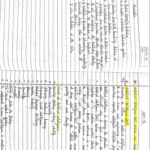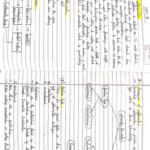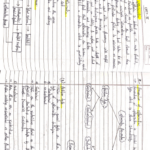The generic drug development process typically involves several stages, including pre-formulation studies, formulation development, stability studies, bioequivalence studies, and regulatory submission. The pre-formulation studies involve determining the physicochemical properties of the active pharmaceutical ingredient (API) and identifying appropriate excipients for optimal drug delivery. Formulation development involves creating a dosage form with the API and excipients, followed by stability studies to determine the shelf-life of the drug product. Bioequivalence studies compare the generic drug to the reference listed drug (RLD), ensuring that the generic drug is equivalent in terms of safety, efficacy, and pharmacokinetic properties. Regulatory submission involves submitting the data from the preclinical and clinical studies to the regulatory agencies for approval to market the generic drug.










